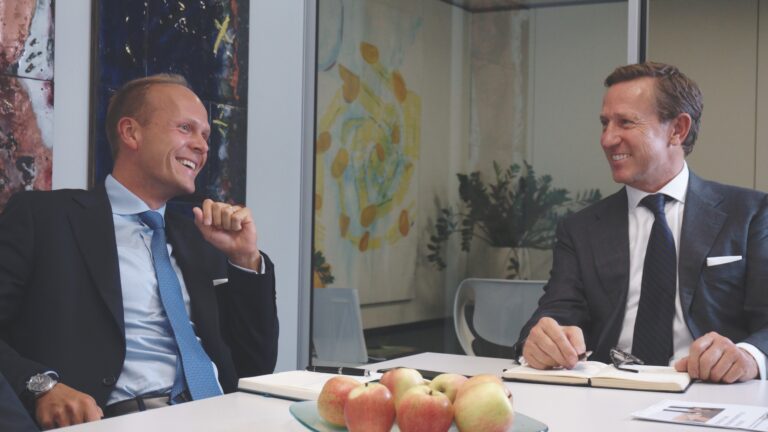The Political Downside of Money Printing
Good Morning Ladies and Gentlemen
”That most delicious of all privileges – spending other people’s money.”
John Randolph of Roanoke
In my view, the political ramifications of money printing manifest in an escalating dependency on the state for various forms of support. Events such as the Great Financial Crisis, the pandemic, and the Ukraine crisis have undeniably contributed to uncertainty and diminished confidence in individuals’ capacities to lead self-determined lives. Although the state policies aimed at providing substantial financial assistance during crises are well-intentioned, they have inadvertently cultivated a growing sense of entitlement toward state support, which appears to be putting pressure on democratic systems.
Distributing OPM
More and more groups are focusing on advocating for support or rescue, leading to a situation where less action is taken, and more is expected. However, it is essential to remember that every distribution of resources must first be collected. As the culture of achievement, crucial for a thriving, inclusive society, transforms into a mindset of entitlement, the risk of democratic failure grows. The more diverse the demands placed on the state, the more money is distributed, yet the more challenging it becomes to meet all expectations, which leads to some disappointment. Consequently, because of increasing government spending, taxes are likely to increase as well, resulting in ever greater dissatisfaction among the population. While short-term ruthless politicians may gather votes by distributing other people’s money (OPM), the long-term effect of such action is devastating.
The Crux of Modern Democracy
In a recent correspondence, my partner Hans Schiefen articulated an exceptionally well-constructed statement that I believe is highly relevant to the current discourse presented in today’s “Stefan’s Weekly”. Thus, I would like to take the liberty of sharing his insights with you for consideration. “The crux of modern democracy is that politicians often mutate into power- and career-conscious opportunists, while citizens limit their political engagement to the occasional trip to the ballot box at best, where they hope like children at Christmas that their wishes will be fulfilled, regardless of their realistically possible realisation potential”.
Finally
I believe that politicians should strive for greater honesty and treat citizens as mature individuals. While addressing unpleasant topics with transparency may result in fewer votes in the short term, it ultimately reinforces citizens‘ trust in the political system over time. Furthermore, it’s essential for citizens to be more aware of the significance of their vote and to consider whom they choose to empower with that vote carefully. This weekend, the third-largest economy on the planet will elect a new government. Who knows, perhaps the newly elected government in Germany will adopt a more honest approach in addressing the nation’s challenges. Instead of relying increasingly on borrowed money to maintain social order, they may choose to confront uncom-fortable truths. This could pave the way for genuine solutions and help steer the country away from the negative consequences of money printing.
Ladies and Gentlemen
As always, please share your opinion with me. Feel free to send your messages to smk@incrementum.li.
Many thanks, indeed!
I wish you an excellent start to the day and weekend!
Yours truly,
Stefan M. Kremeth
CEO & Head of Wealth Management
Incrementum AG – we love managing assets
Tel.: +423 237 26 60
Cell: +41 79 303 48 39
Im alten Riet 153
9494 Schaan/Liechtenstein
Mail: smk@incrementum.li

